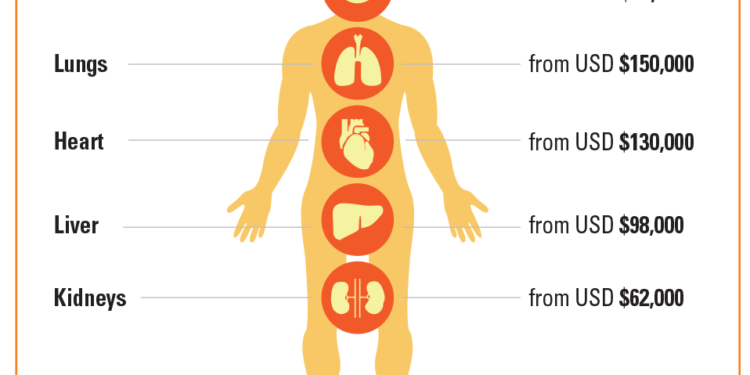LAGOS Nigeria
The UN migration agency is warning Nigerians to steer clear of people who offer them jobs and free travel to the Mideast, saying they could be human organ traffickers.
Ikechukwu Attah, a country officer of the International Migration Organization (IOM), said on Monday that many people have gone missing, amid suspicions they may have been killed.
“Beware of fake foreign agencies that promise work abroad. They process your papers, pay for your tickets, and then take you abroad in the pretense that they want to get you a job there,” said a statement.
“Instead, they end up killing their victims and harvesting all the valuable body parts. The body parts’ black market business is booming in the Middle East.
“One kidney now costs $262,000, a heart costs $119,000, and a liver costs $157,000,” he added. China, India, and Eygpt are number one in selling body parts in the world out world is sick we promise that they will give people 80000 and they end up with one kidney for 50 dollars. It seems to me the government is in on it. In all these countries, Lybia is now this way after Obama killed the leader and the country went to hell. Lybia was the most stable country in Africa before Obama did what he did. So we don’t need to be getting into somebody country business. When America had its Civil War it was just Americans.
Obama danced with the devil in the pale moonlight when he allowed Lybia to be attacked. The middle east went right and started harvesting body parts. India and China and Egypt are doing the same. Human Trafficking is the most 3rd most profitable venture next to drugs and guns.
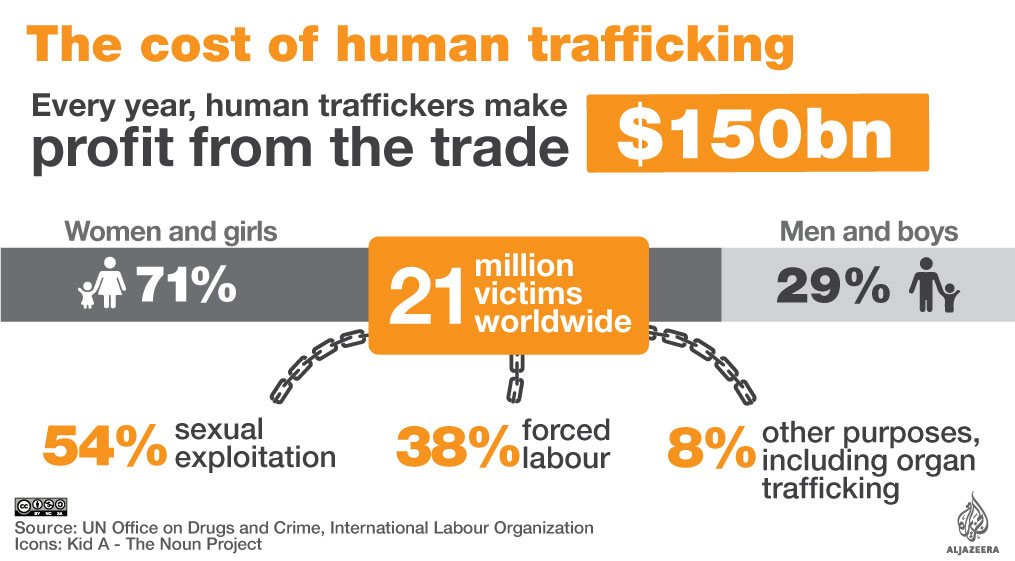

US President Barack Obama has said failing to prepare for the aftermath of the ousting of Libyan leader Col Muammar Gaddafi was the worst mistake of his presidency.
Mr Obama was answering a series of questions on the highs and lows of his time in office on Fox News.
He said, however, that intervening in Libya had been “the right thing to do”.
The US and other countries carried out strikes designed to protect civilians during the 2011 uprising.
But after the former Libyan leader was killed, Libya plunged into chaos with militias taking over and two rival parliaments and governments forming.
So-called Islamic State (IS) gained a foothold, and Libya became a major departure point for migrants trying to reach Europe.
A UN-backed national unity government arrived in the capital Tripoli earlier this month but is waiting to take charge.
The leader of the faction ruling western Libya has threatened to prosecute any of his ministers who co-operate with the UN-backed administration, contradicting an earlier announcement the ministers would stand down.

President Obama gave the brief but revealing answer speaking to Chris Wallace:
CW: Worst mistake?
Obama: Probably failing to plan for the day after, what I think was the right thing to do, in intervening in Libya.

It is not the first time President Obama has expressed regret over Libya. He told the Atlantic magazine last month the operation went as well as he had hoped, but Libya was now “a mess”.
In that interview, he also criticised France and the UK, in particular saying British Prime Minister David Cameron became “distracted” after the intervention.
It was a rare rebuke for a close ally and one which BBC correspondents at the time said angered Downing Street.
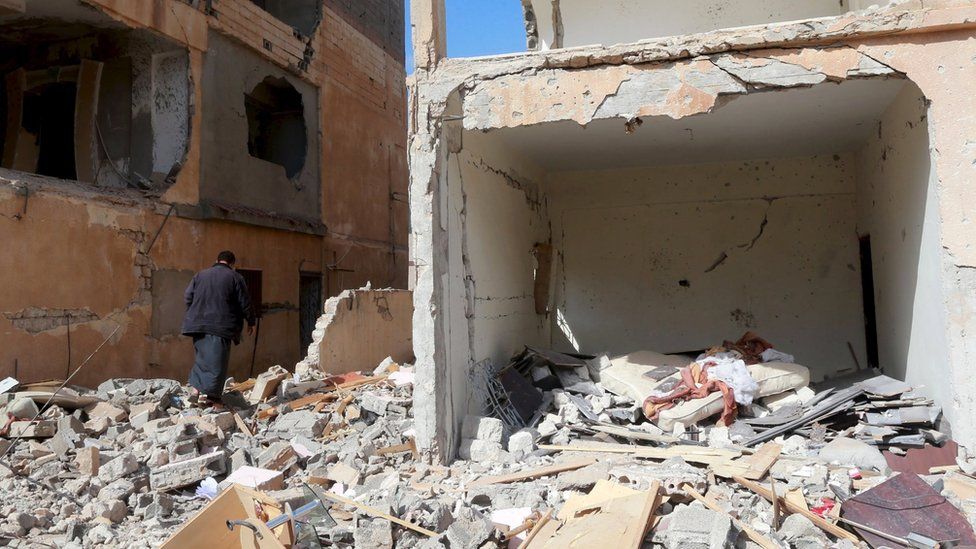 IMAGE COPYRIGHTREUTERS
IMAGE COPYRIGHTREUTERSPresident Obama told Fox that his biggest accomplishment in office was “saving the economy from the great depression”.
He said the best day of his presidency was when he passed the healthcare reforms. The worst, he said, was responding to the mass shooting at Sandy Hook elementary school.
Mr Obama discussed his legacy in a BBC interview last year, saying his failure to pass tighter gun control laws was the biggest frustration of his presidency.


Libya timeline
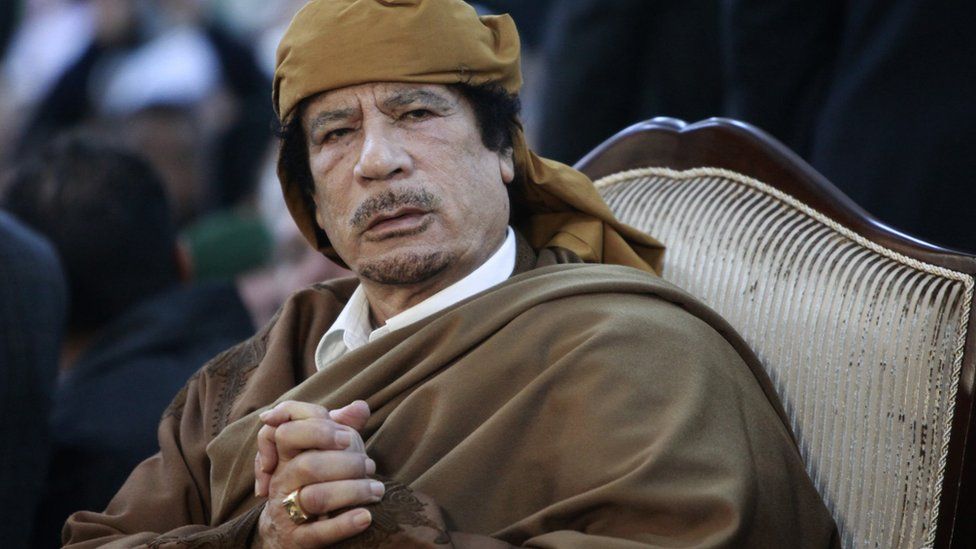 IMAGE COPYRIGHTREUTERS
IMAGE COPYRIGHTREUTERSFebruary 2011: Protests against Colonel Gaddafi’s regime erupt in Libya
March 2011: UN Security Council authorises a no-fly zone over Libya and air strikes to protect civilians
October 2011: Gaddafi is captured and killed by rebel fighters
2012: Splits emerge as the transitional government struggle to rein in local militias
September 2012: The US ambassador and three other Americans are killed when Islamist militants storm the consulate in eastern Benghazi
June 2014: Disputed elections are held. Two governments are formed: one in the capital Tripoli, the other UN-backed administration in eastern Torbruk
January 2015: The UN announces a new interim government but it is yet to take charge

https://youtu.be/26p0KAB5tAE?t=6
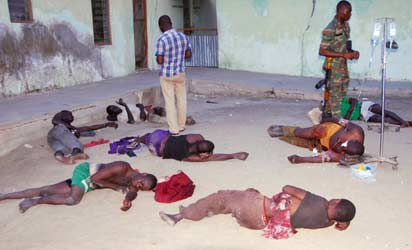
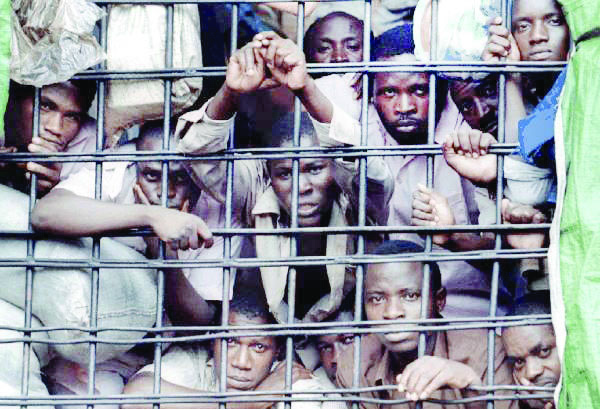
https://youtu.be/lg4cGX9akyM?t=6

